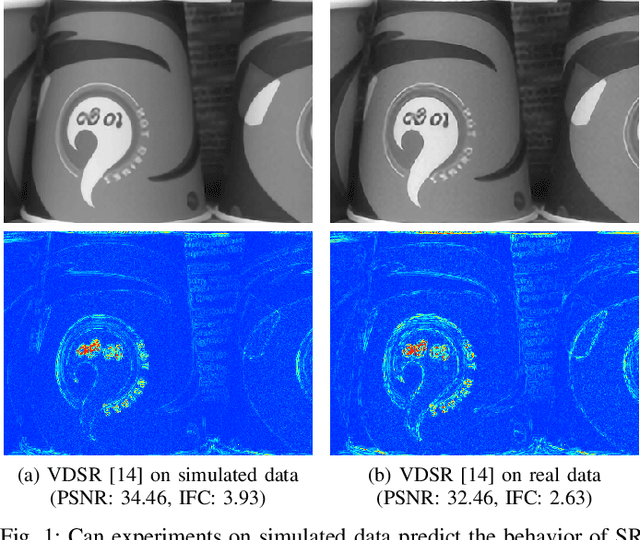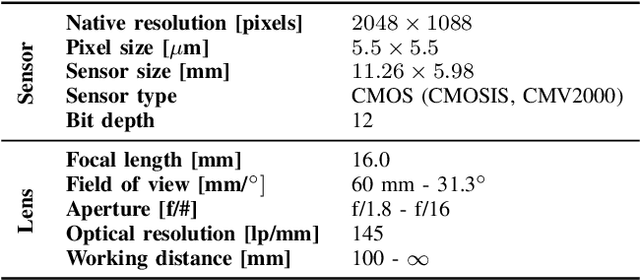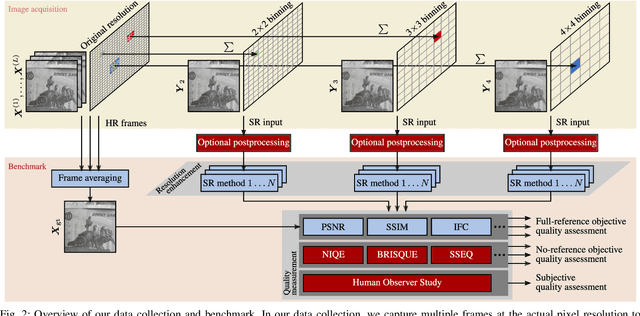Bridging the Simulated-to-Real Gap: Benchmarking Super-Resolution on Real Data
Paper and Code
Sep 17, 2018



Capturing ground truth data to benchmark super-resolution (SR) is challenging. Therefore, current quantitative studies are mainly evaluated on simulated data artificially sampled from ground truth images. We argue that such evaluations overestimate the actual performance of SR methods compared to their behavior on real images. To bridge this simulated-to-real gap, we introduce the Super-Resolution Erlangen (SupER) database, the first comprehensive laboratory SR database of all-real acquisitions with pixel-wise ground truth. It consists of more than 80k images of 14 scenes combining different facets: CMOS sensor noise, real sampling at four resolution levels, nine scene motion types, two photometric conditions, and lossy video coding at five levels. As such, the database exceeds existing benchmarks by an order of magnitude in quality and quantity. This paper also benchmarks 19 popular single-image and multi-frame algorithms on our data. The benchmark comprises a quantitative study by exploiting ground truth data and qualitative evaluations in a large-scale observer study. We also rigorously investigate agreements between both evaluations from a statistical perspective. One interesting result is that top-performing methods on simulated data may be surpassed by others on real data. Our insights can spur further algorithm development, and the publicy available dataset can foster future evaluations.
 Add to Chrome
Add to Chrome Add to Firefox
Add to Firefox Add to Edge
Add to Edge